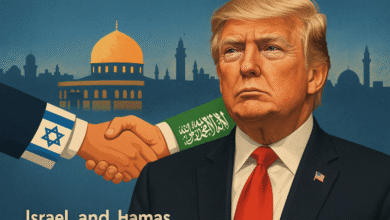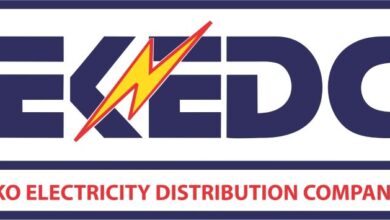Stakeholders laud Tinubu’s Executive Order on pharmaceutical products
 Stakeholders in the pharmaceutical industry have described President Bola Tinubu’s Executive Order of zero tariff, excise duties and value-added tax on imported pharmaceutical products and inputs, as step in the right direction.
Stakeholders in the pharmaceutical industry have described President Bola Tinubu’s Executive Order of zero tariff, excise duties and value-added tax on imported pharmaceutical products and inputs, as step in the right direction.
The stakeholders, who spoke separately to the News Agency of Nigeria (NAN) on Wednesday, commended the president for the gesture.
Urgent action needed to revitalise pharmaceutical industry – Stakeholders
BRANDPOWER reports that Muhammad Pate, the Coordinating Minister of Health and Social Welfare, had
on June 28, announced that Tinubu had signed an Executive Order to implement zero tariff, excise duties and value-added-tax on imported pharmaceutical products and machinery.
According to the minister, the order will boost local production of healthcare products such as pharmaceuticals, diagnostic devices such as needles and syringes, biological and medical textiles, among others.
The order, which will be implemented by agencies such as the Nigeria Customs Service, National Agency for Food and Drug Administration and Control (NAFDAC) and Federal Inland Revenue Service, would grant special waivers for the products for two years.
Dr Sam Ohuabunwa, former President of Pharmaceutical Society of Nigeria (PSN), told NAN that the order would bring succour to the current spike in prices of medicines and consumables.
Ohuabunwa, however, called for prompt implementation of the executive order to ease the plight of Nigerians who can no longer afford their routine medications.
He said “I am pleased that this government responded promptly and it is a good development.
“It will trigger prompt reduction in prices of medicines and medical consumables. I just hope that
implementation will be prompt so that Nigerians can enjoy the benefits.”
Ohuabunwa, the Founder and former Managing Director of Neimeth International Pharmaceutical PLC, also urged pharmaceutical companies and distribution chains to reciprocate the gesture.
Adewale Oladigbolu, National Chairman, Association of Community Pharmacists of Nigeria (ACPN), also told NAN that the order is a step in the right direction, adding that more should, however, be done to bring succour to Nigerians who are on some life-long medications.
Oladigbolu explained that “most pharmaceutical companies are currently struggling with operational expenses, and may require government to give them seed grants to scale up local production of drugs.”
The pharmacist urged government to close all open drug markets in the country so as to attract more investors into the industry.
He added that “most companies depend on active pharmaceutical ingredients importation and the tarrif components from importation is small, same with importation of machinery.
“What most companies are grappling with are the operational expenses like power and infrastructure and not necessarily tarrif on importation.
“With this executive order, I know the president has good intentions, but we really need to do more as a country.”
On her part, Mrs Abiola Paul-Ozieh, the Chairman of Healthcare Providers Association of Nigeria (HCPAN), said the executive order would promote local manufacturing of drugs.
She explained that “70 per cent of drugs used in the country are imported, so, the special waivers on APIs and pharmaceutical machinery is a step in the right direction.
“Essentially, the executive order is in the right direction, and will impact positively on local manufacturing.
“We might not likely see the effect immediately, but it will be noticed in the next two to three months because local manufacturers will have to exhaust the APIs and excipient they have in stock.”











